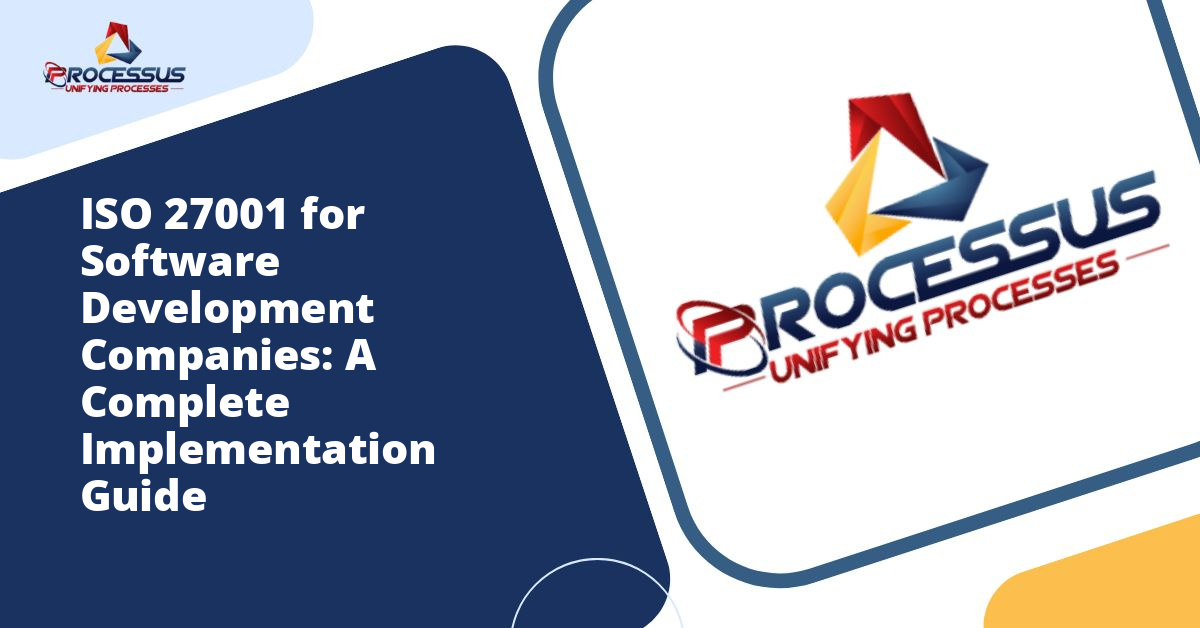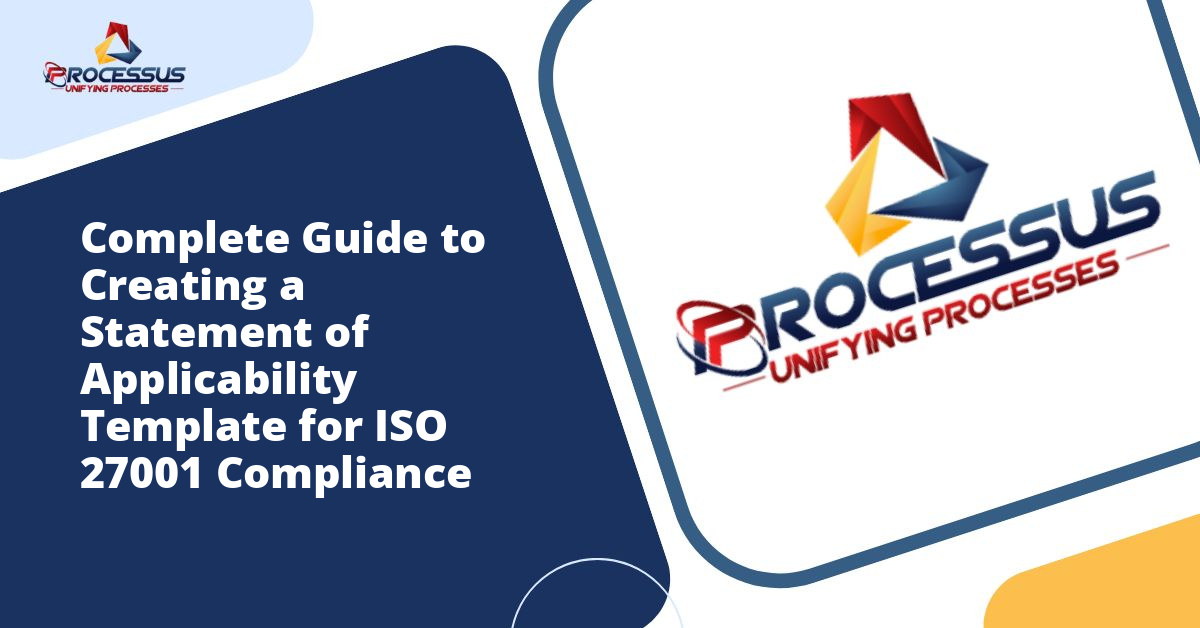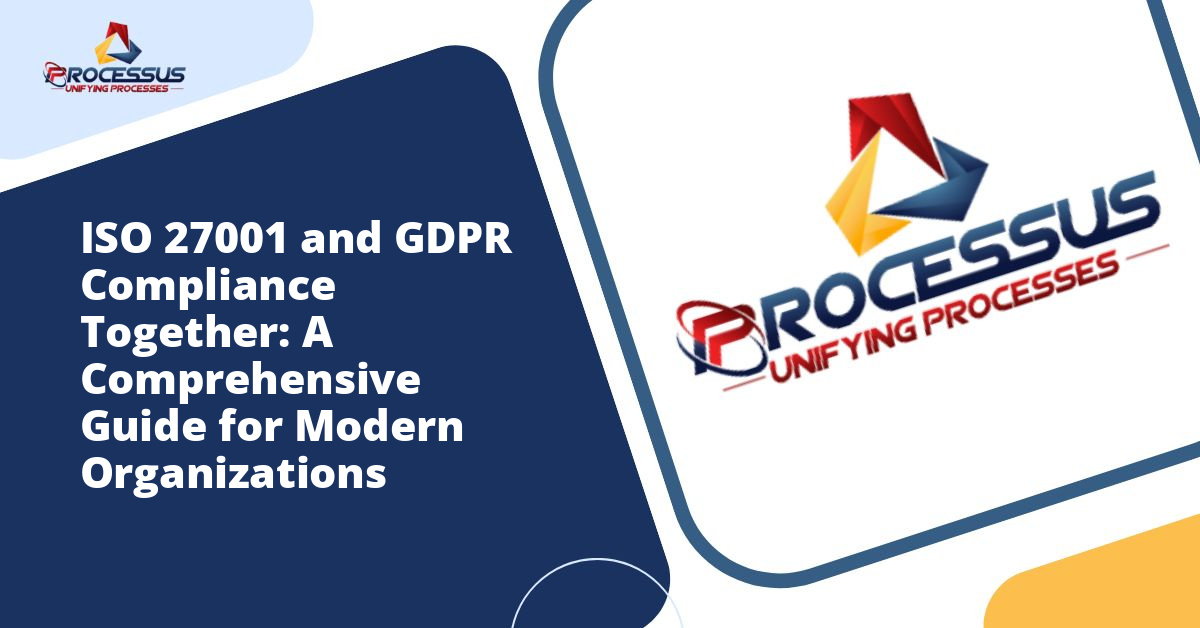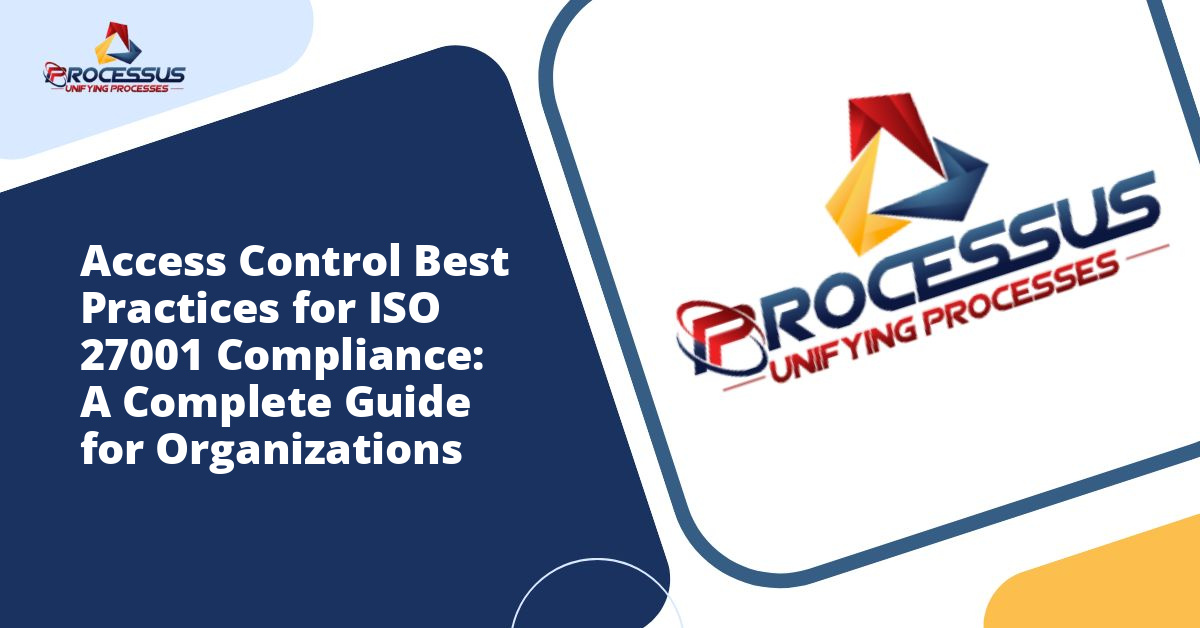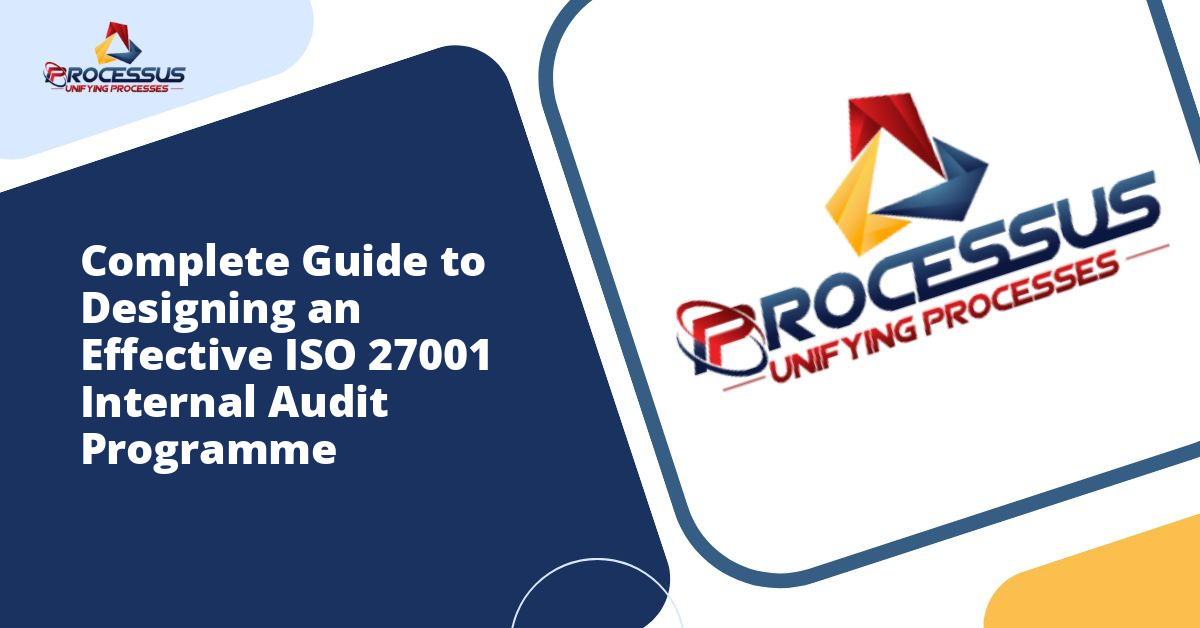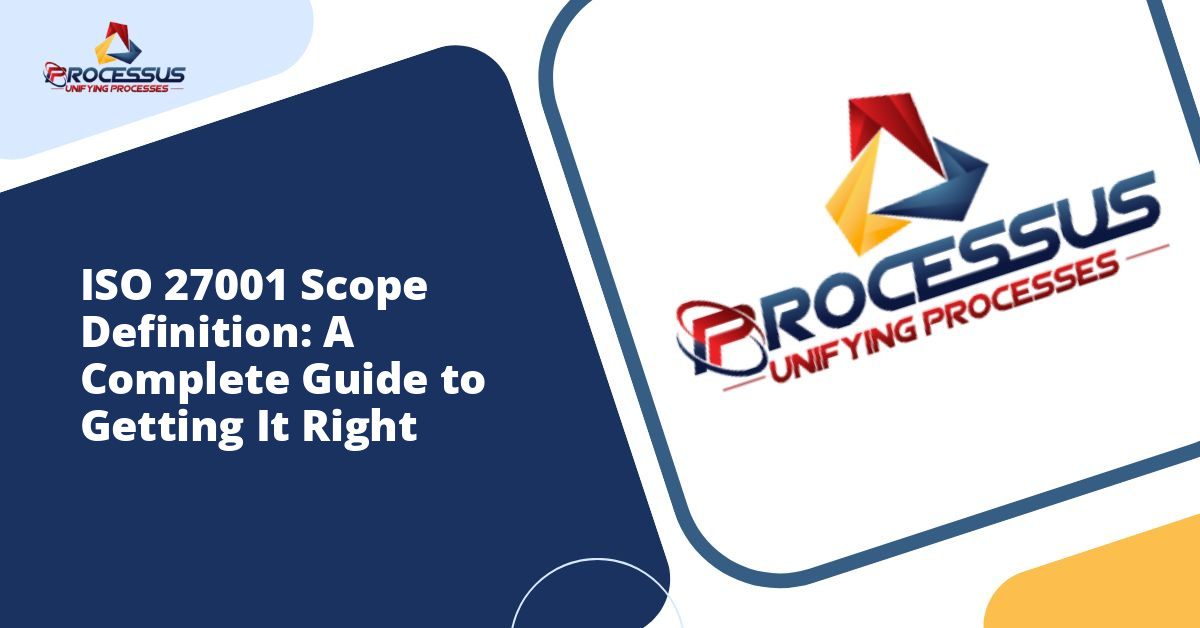<!– wp:social-links –><ul class=”wp-block-social-links”><!– wp:social-link {“url”:”https://gravatar.com/generouslyteenage4706bc8711″,”service”:”gravatar”,”rel”:”me”} /–></ul><!– /wp:social-links –>
In today’s world, information is one of the most valuable assets that organizations possess. However, with the increasing amount of data being generated and processed, the risk of data breaches and cyber-attacks is also increasing. To address these risks, many organizations are implementing an Information Security Management System (ISMS) based on the ISO 27001 standard.
ISO 27001 is an international standard that provides a framework for implementing, maintaining, and continuously improving an ISMS. The standard outlines the requirements for an organization to establish, implement, maintain, and continually improve information security policies, procedures, and controls to ensure the confidentiality, integrity, and availability of its information.
An ISMS based on ISO 27001 helps organizations to identify and manage information security risks, protect their information assets, and ensure business continuity. The standard provides a systematic and structured approach to information security, which enables organizations to manage and mitigate risks effectively.
To implement an ISMS based on ISO 27001, an organization must first conduct a risk assessment to identify and assess the risks to its information assets. Based on the results of the risk assessment, the organization can develop and implement a set of information security policies, procedures, and controls that are tailored to its specific needs and risk profile.
The key components of an ISMS based on ISO 27001 include:
- Information security policies: These policies define the organization’s approach to information security and provide guidance on how to implement and maintain the ISMS.
- Risk assessment: This process involves identifying, assessing, and prioritizing the risks to the organization’s information assets.
- Controls: These are measures that are put in place to reduce or mitigate the risks identified during the risk assessment process.
- Monitoring and review: This involves regularly monitoring and reviewing the effectiveness of the ISMS to ensure that it continues to meet the organization’s information security needs.
- Continual improvement: This involves identifying opportunities for improvement and making changes to the ISMS to ensure that it remains effective and relevant over time.
Implementing an ISMS based on ISO 27001 can bring a number of benefits to an organization, including:
- Improved information security: The standard provides a structured approach to managing information security risks and helps to ensure the confidentiality, integrity, and availability of information.
- Enhanced business continuity: By identifying and managing information security risks, organizations can reduce the likelihood and impact of disruptions to their business operations.
- Increased stakeholder confidence: Certification to ISO 27001 provides independent verification that an organization has implemented an effective ISMS, which can enhance stakeholder confidence in the organization’s information security practices.
- Competitive advantage: Certification to ISO 27001 can provide a competitive advantage by demonstrating a commitment to information security and meeting the information security requirements of customers and other stakeholders.
Overall, an ISMS based on ISO 27001 can help organizations to protect their information assets, manage information security risks, and ensure business continuity. It provides a systematic and structured approach to information security that enables organizations to meet the information security needs of their stakeholders and maintain their competitive edge.

